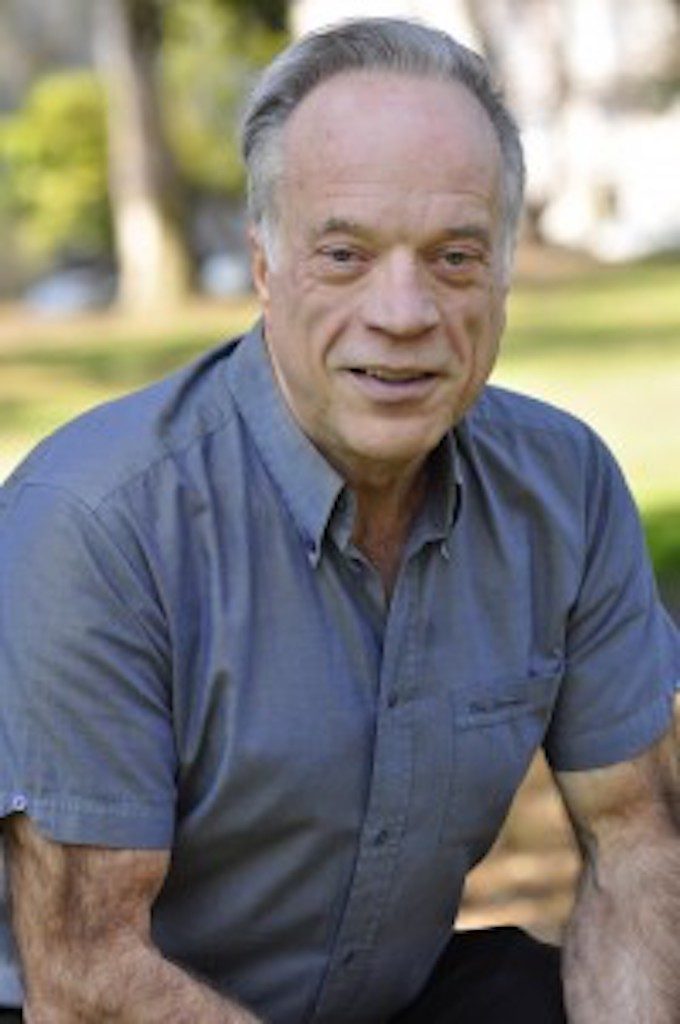
In Winter Term of 2018, Desiree Root, a senior Gender Studies student and assistant in Professor Kimberly Jensen’s Honors Colloquium at Western Oregon University, interviewed Michael Helquist, author of Marie Equi: Radical Politics and Outlaw Passions (Corvallis: Oregon State University Press, 2105). In their discussions Root asked Mr. Helquist to discuss Dr. Marie Equi’s experiences in the suffrage movement and as a radicalized activist who would begin a sentence in San Quentin prison for speaking out against World War I less than two months after the ratification of the Nineteenth Amendment. Marie Equi (1872-1952) graduated from the University of Oregon Medical Department (now OHSU) in 1903 and advocated for women’s reproductive health and control, worker rights, and free speech. She and her partner Harriet Speckart adopted a daughter and raised her together, challenging cultural norms of heterosexuality at the time. As Mr. Helquist notes, “as a publicly, if not widely, known lesbian, Equi served as a role model for other outsiders to assert their place in public discourse and civic engagement.”
Q: What might have longtime suffragist and political radical Dr. Marie Equi thought about the ratification of the Nineteenth Amendment in 1920?
Mr. Helquist: She had good reason to celebrate this major accomplishment in the Progressive era. She worked many years for woman suffrage in Oregon, especially in the 1906 and 1912 campaigns when she lectured, led suffrage organizations, and became immersed in campaign politics. Equi certainly celebrated Oregon’s successful vote for suffrage in 1912.
In the year following the suffrage success in Oregon, Equi was radicalized by the police brutality she endured during a labor strike in Portland. That experience triggered her belief that real social and economic justice would only result from a fundamental, radical change to the economic and political system. She thought that “direct action, in other words, militancy,” was the only way to achieve better conditions for all.” Equi marched with the jobless, protested poor working conditions, and was arrested several times defending the rights of others. She still upheld women’s right to vote, but it was no longer the primary political issue for her.
During a visit to Massachusetts 1914, Equi advised activists that woman suffrage alone would not resolve the economic inequalities that plagued so many women and men. Nevertheless, when registration was opened to women in Oregon, Equi proudly took her place among other prominent Oregon women and then posed for photos to commemorate the day.
When she first voted in a presidential election, in 1916, Equi parted with most of her suffrage colleagues and backed the supposed anti-war presidential incumbent, Woodrow Wilson, over the pro-suffrage contender Charles Evans Hughes. With World War I looming, Equi was convinced that peace took precedence over voting rights. As it turned out, Wilson won re-election but soon thereafter led the country into the war. (Equi concluded her vote for him had been wasted).
Equi’s specific thoughts about U.S. women gaining the vote in 1920 were not recorded or have not been located. But we can appreciate the irony and the bitterness she had reason to feel 100 years ago. While women in the country obtained full citizenship rights, Equi was about to lose hers – and her freedom – after exercising her right to free speech. For criticizing the U.S. war effort, Equi was convicted of sedition and sentenced to prison. “I am no more guilty of the charges that take me to prison than is an unborn babe,” she protested. She began her sentence at San Quentin prison on October 17, 1920, two months after the Nineteenth Amendment was ratified. She missed out on voting in the presidential election in November of that year. But, then, with her conviction, she had already lost her right to vote.
Equi’s involvement with the woman suffrage movement illustrates several important facets of this period in history. She was a professional woman who leveraged her status to obtain more attention and support for the cause. By doing so, she added a strong, determined voice for women’s political independence. With her commitment to social and economic justice, she demonstrated a resolve to reject the status quo of inequality. Her positions were exceptional for women of her day. Equi’s story also reveals the complexity of activists’ political beliefs at the time – some were Progressives who also supported radical agendas, some were Radicals who also engaged in electoral causes. Some were suffragists determined to keep women’s vote their sole concern, while others balanced citizenship rights with opposition to economic injustice or to the war. Finally, as a publicly, if not widely, known lesbian, Equi served as a role model for other outsiders to assert their place in public discourse and civic engagement.
I think Marie Equi would have been proud to have contributed so much to women’s rights, and she would be pleased to know that her efforts with so many others were being celebrated 100 years later.
For more on Marie Equi and her involvement in woman suffrage, war resistance, and social and economic justice, see Michael Helquist’s website: http://www.michaelhelquist.com/
